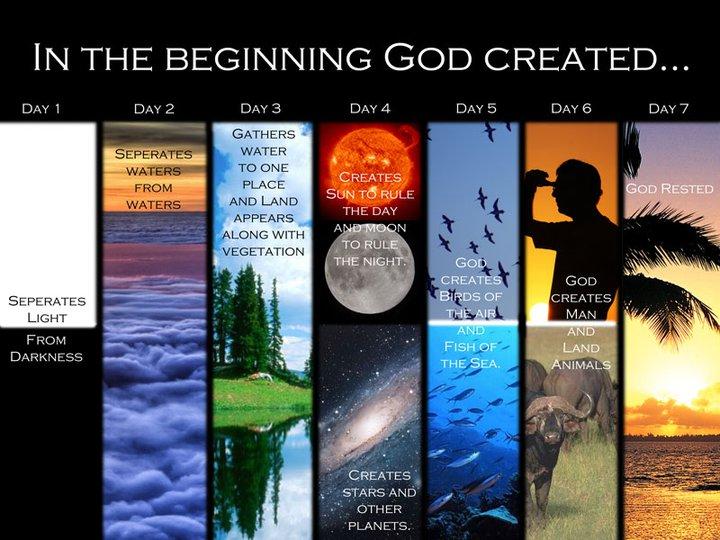- Necessity of Scripture (paragraph 1)
- Scripture As Self-Revelation (paragraph 1)
- Canon of the Old Testament (paragraph 4)
- Canon of the New Testament (paragraph 3)
- Inspiration of Scripture (paragraph 2)
- Inerrancy and Infallibility of Scripture (paragraph 1)
- Authority of Scripture (paragraph 4)
- Sufficiency of Scripture (paragraph 6)
- Sola Scriptura (paragraph 1, 10)
- Authentication of Scripture (paragraph 5)
- Perspicuity of Scripture (paragraph 7)
- Interpretation of Scripture (paragraph 9)
This chapter is in many ways based upon the truths in 2 Timothy 3:16. All the particular subjects which are treated are part of a unified whole doctrine about God’s Word.
§1 The Holy Scripture is the only sufficient, certain, and infallible rule
- The Holy Scripture is the only sufficient, certain, and infallible rule of all saving knowledge, faith, and obedience 1, although the light of nature, and the works of creation and providence do so far manifest the goodness, wisdom, and power of God, as to leave men inexcusable 2; yet are they not sufficient to give that knowledge of God and his will which is necessary unto salvation. 3 Therefore it pleased the Lord at sundry times and in divers manners to reveal himself, and to declare that his will unto his church 4; and afterward for the better preserving and propagating of the truth, and for the more sure establishment and comfort of the church against the corruption of the flesh, and the malice of Satan, and of the world, to commit the same wholly unto writing; which maketh the Holy Scriptures to be most necessary 5, those former ways of God’s revealing his will unto his people being now ceased. 6
- Isa. 8:20; Luke 16:29; Eph. 2:20; 2 Tim. 3:15-17[1]
- Ps. 19:1-3; Rom. 1:19-21, 32; 2:12a, 14-15
- Ps. 19:1-3 with vv. 7-11; Rom. 1:19-21; 2:12a, 14-15 with 1:16-17; and 3:21
- Heb. 1:1-2a
- Prov. 22:19-21; Luke 1:1-4; 2 Peter 1:12-15; 3:1; Deut. 17:18ff; 31:9ff, 19ff; 1 Cor. 15:1; 2 Thess. 2:1-2, 15; 3:17; Rom. 1:8-15; Gal. 4:20; 6:11; 1 Tim. 3:14ff; Rev. 1:9, 19; 2:1 etc.; Rom. 15:4; 2 Peter 1:19-21
- Heb. 1:1-2a; Acts 1:21-22; 1 Cor. 9:1; 15:7-8; Eph. 2:20
Holy Scripture, which is defined to be the 66 books of the Old and New Testaments, is “sufficient, certain, and infallible”. This means that Scripture is enough; true and sure; and cannot err. What is the scope of this sufficiency, certainty, and infallibility? The Confession says that Scripture is the only infallible “rule of all saving knowledge, faith, and obedience”. Holy Scripture is given as a measuring line and a standard. It is a standard of standards. There are other standards and rules besides the Bible, but the Bible alone is the “sufficient, certain, and infallible rule”. The Bible is the norm and rule to Test everything else by.
Paragraph 1 then moves to speak about the insufficiency of general revelation for salvation. The “light of nature, and the works of creation and providence” demonstrate that there is a powerful God Who is the Creator of everything. Yet this knowledge...










